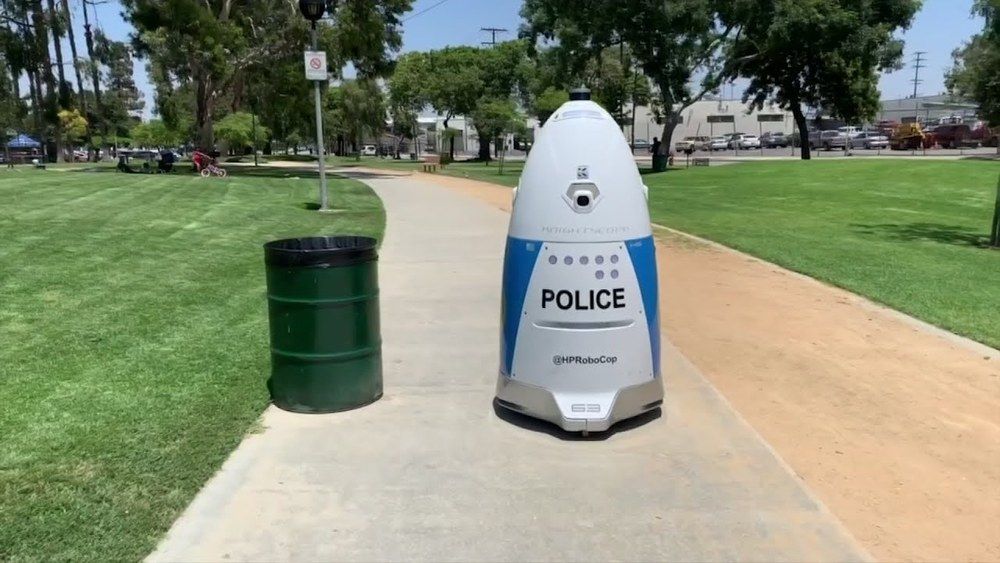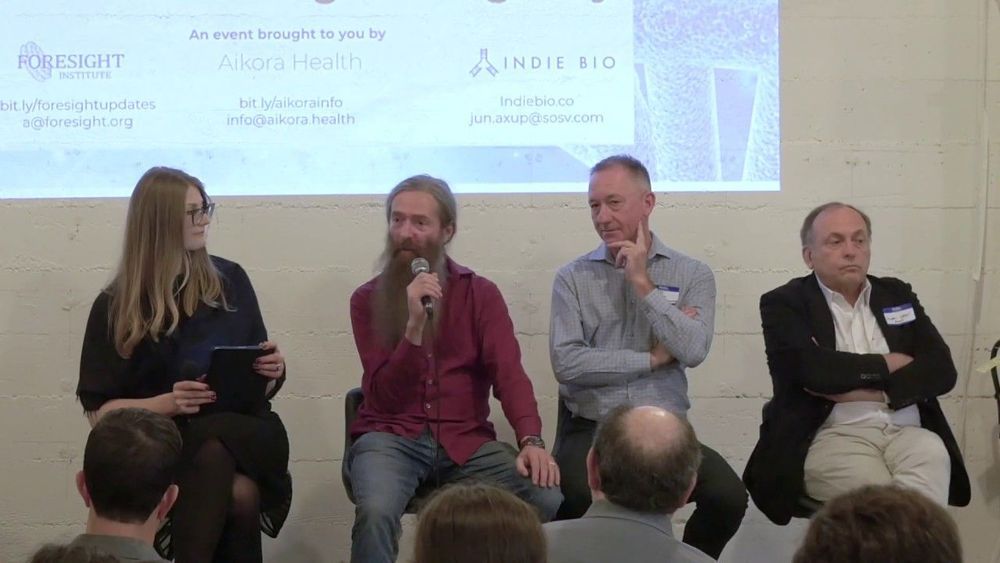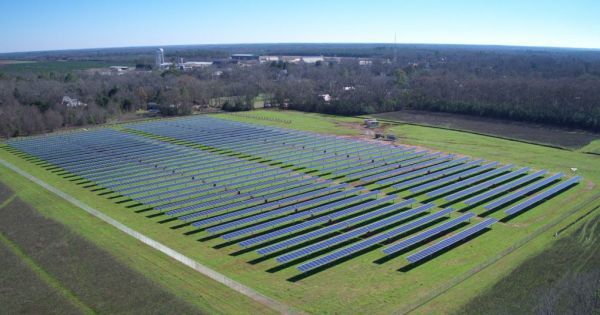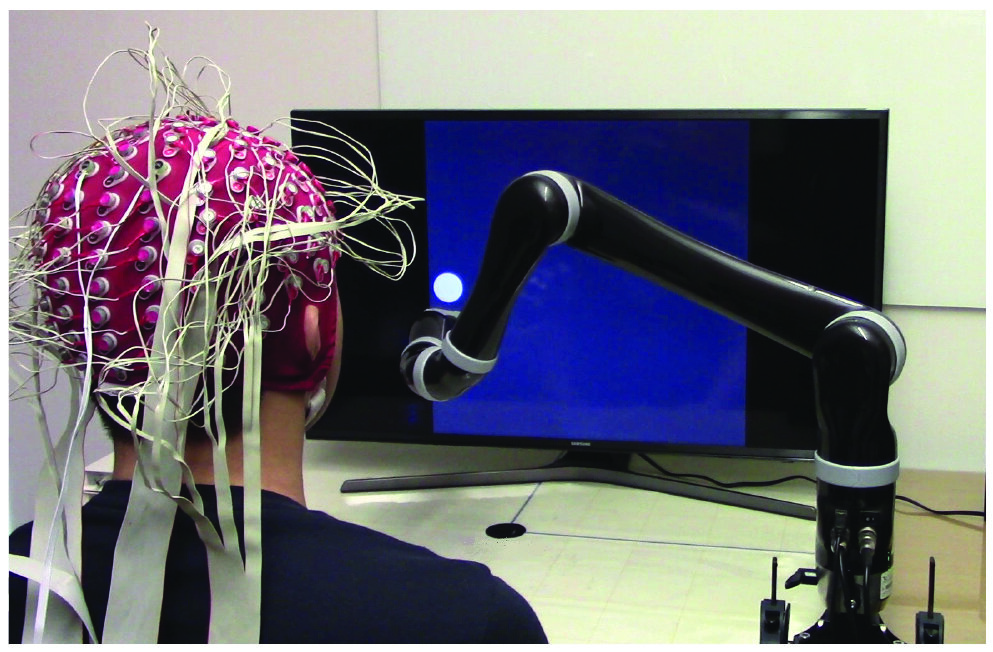Jun 19, 2019
California police put Robocop on patrol in park
Posted by Genevieve Klien in category: robotics/AI
A Southern California police force is welcoming a robot to the department. Huntington Park police say “HP RoboCop” will provide 360-degree high-definition video footage. (June 18)
Subscribe for more Breaking News: http://smarturl.it/AssociatedPress
Website: https://apnews.com
Twitter: https://twitter.com/AP
Facebook: https://facebook.com/APNews
Google+: https://plus.google.com/115892241801867723374
Instagram: https://www.instagram.com/APNews/
You can license this story through AP Archive: http://www.aparchive.com/metadata/youtube/a1e7febf5c776eb70daeed9dfe7bea48


















